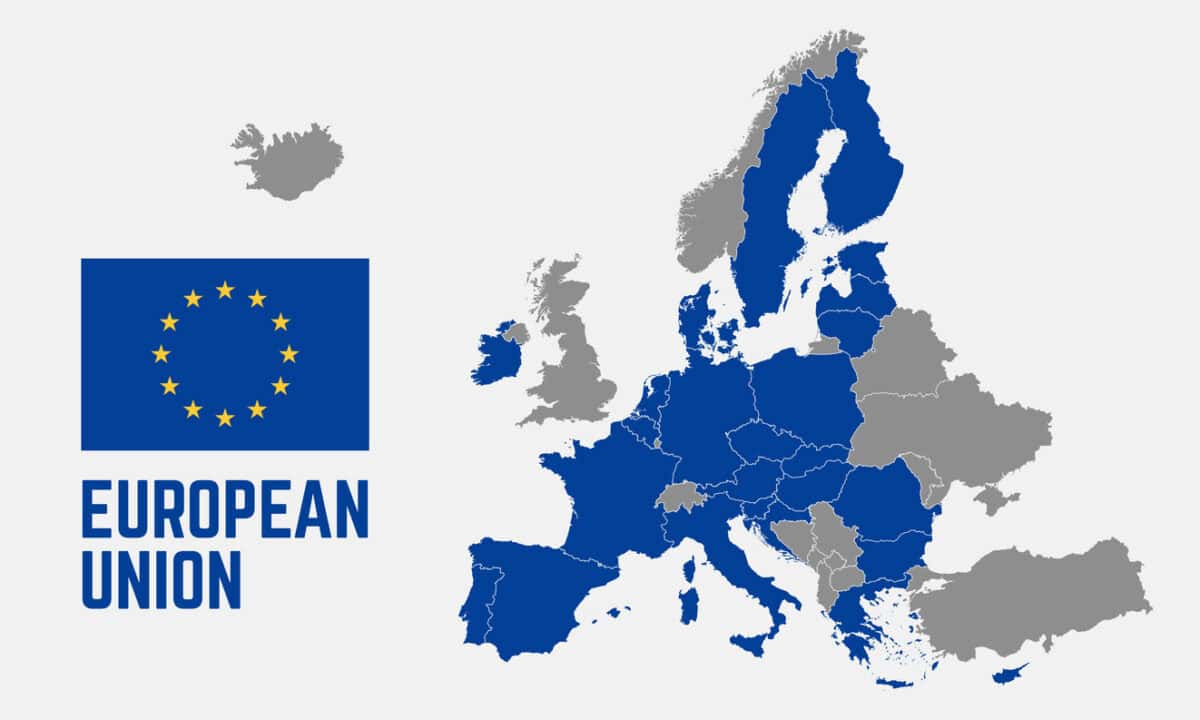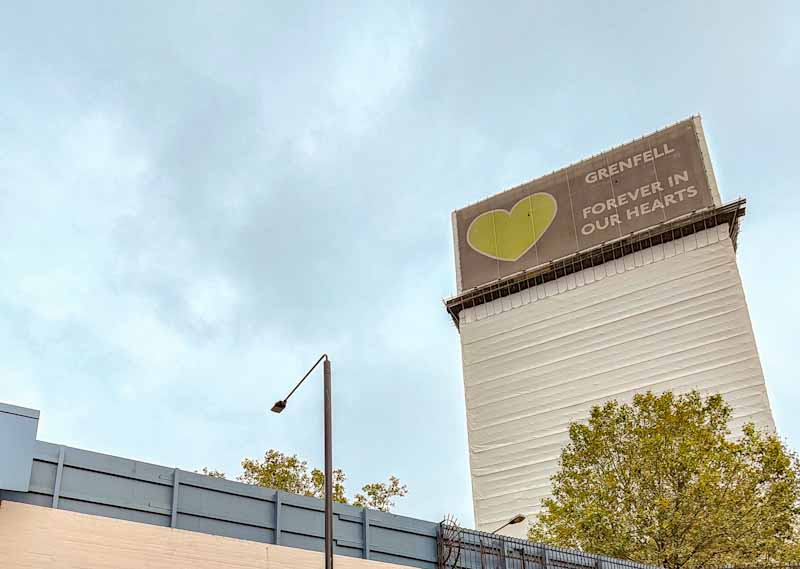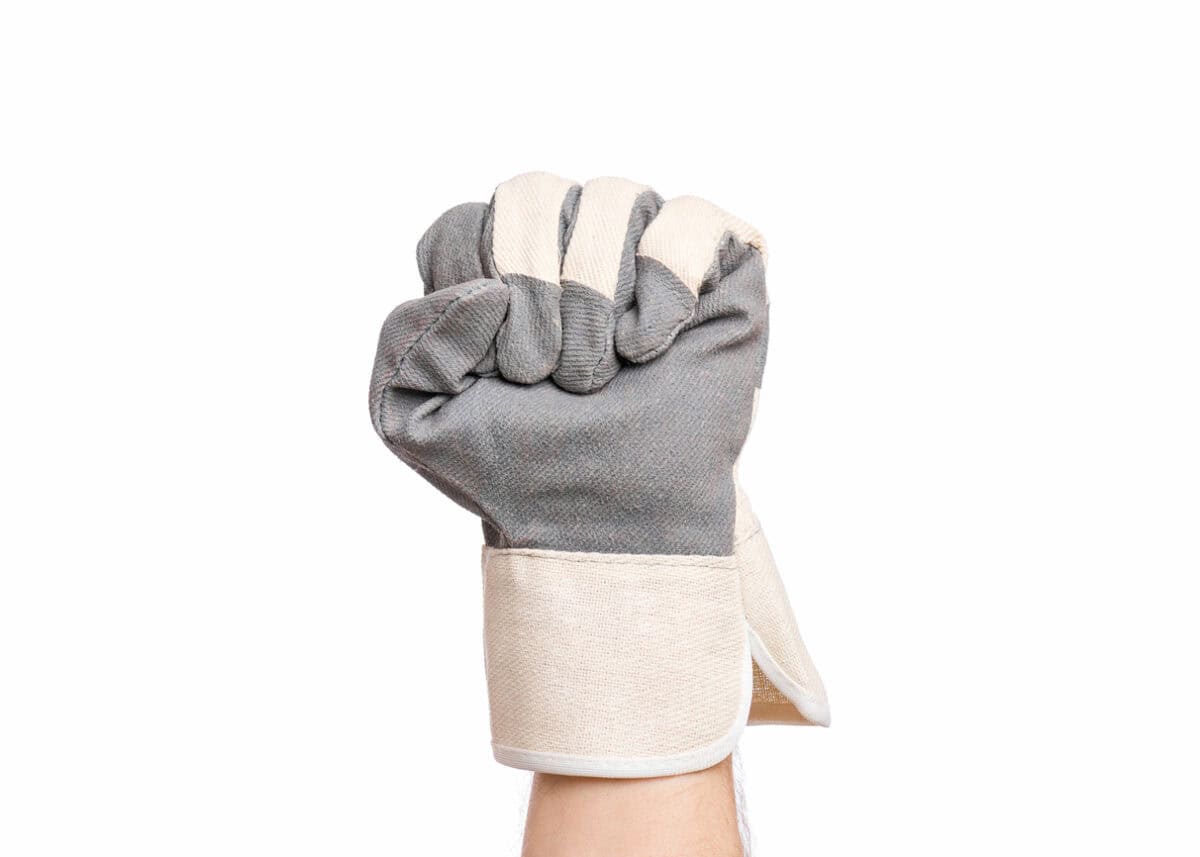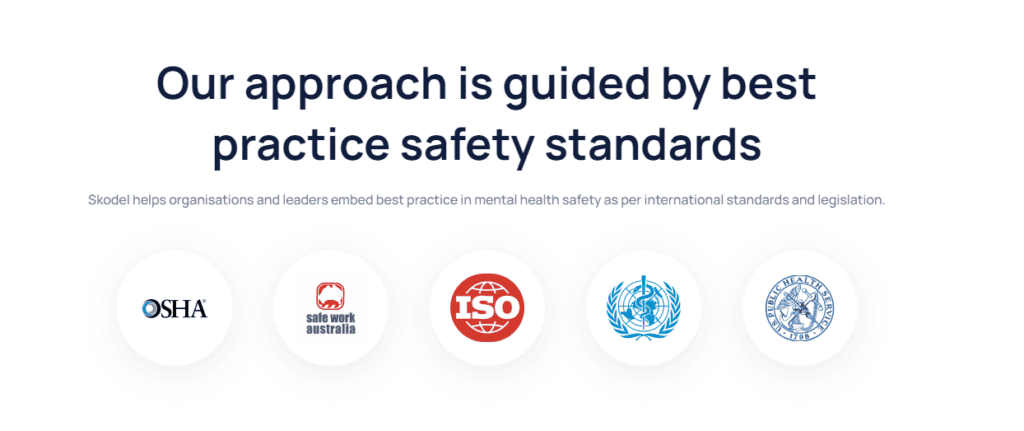Australia is in federal election mode so new political statements are emerging daily. Recently controversy has arisen about the inclusion of Welcome to Country at non-major events. Many organisations lead their meetings with an Acknowledgement of Country which acknowledges the historical ownership of Australia by its indigenous populations.
Recently while reflecting on the International Workers Memorial Day, occupational health and safety (OHS) professional, Tim Allred, has suggested that the role of an “acknowledgement” could add meaning in other circumstances, such as in relation to workplace fatalities.








